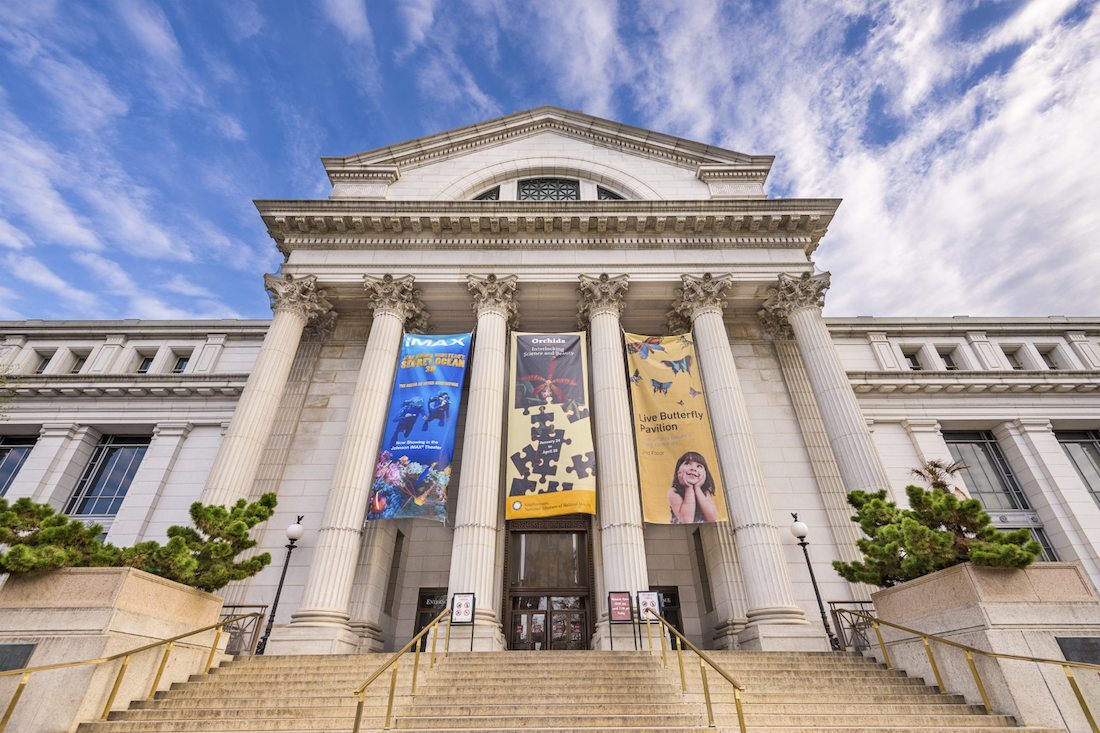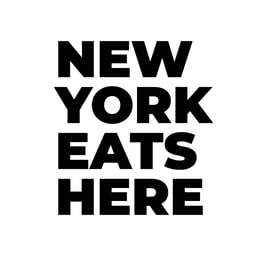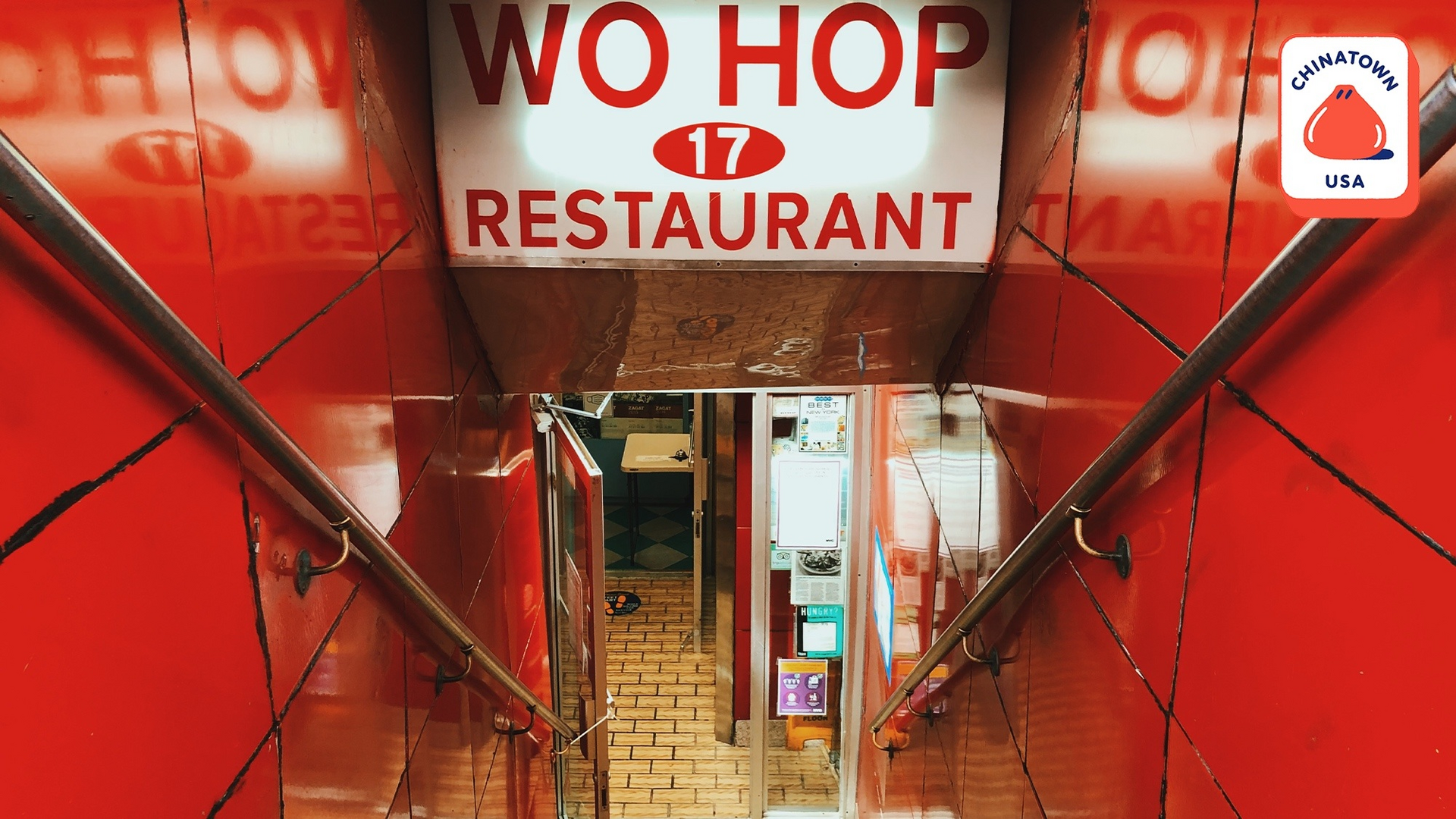By Marco Shalma
The instinct behind the boycott makes sense. It began as a national action driven by Starbucks Workers United. Only about 4 percent of Starbucks workers nationwide are unionized, but that small group pushed a national strike into motion. Their goal is simple. Better wages, stronger protections, and fair treatment. Anyone who has ever worked in food service knows why that matters. Supporting workers is part of the city’s identity.
The first reality is that 4,500 Starbucks employees in New York City feel the impact long before any corporate office does. Baristas. Shift leads. Students. Immigrant workers juggling two jobs. People who rely on steady hours to survive. They live close to the edge. Any disruption hits them first. That is the part we cannot ignore.
The next group is small businesses. They are already burdened with high rent, rising insurance, and the daily cost of staying open in a city that does not make it easy. A large employer that pays tens of millions in taxes helps carry the load. If that revenue dips, the shortfall rolls downhill. Smaller operators are the ones who feel the pressure next. They raise prices, cut hours, or shut their doors. None of that strengthens a neighborhood.
Then there is the everyday New Yorker. Tens of thousands rely on these stores for morning routines, remote work, and the simple convenience that helps them manage a chaotic city.
Only after understanding all of that can we talk about the broader signal. Starbucks may be the first name in this conversation, but every major company watches these moments for signs of stability and cost. If New York looks comfortable pressuring a large employer without a plan for the aftermath, the hesitation spreads. This city became a global leader because it welcomed risk while rewarding ambition. Losing that position is not a small thing.
So the real question becomes clear. What is the role of a mayor in a national labor action. Supporting workers is important. But is encouraging a boycott the best path when thousands of local employees and small businesses carry the weight. A mayor has tools that do not put workers or neighborhoods in the crossfire. He can push for stronger labor enforcement. He can champion local hiring laws. He can advocate for fair scheduling and fair pay across all industries. He can invest in workforce development. He can protect small businesses that anchor communities.
A boycott sparks attention. Policy creates solutions.
So the city is left with a fair question. Does this move support all New Yorkers or does it shift the burden toward the people who can least afford it. The answer is not simple, but the responsibility is. A healthier labor system should not break the workers or the neighborhoods it claims to defend.








